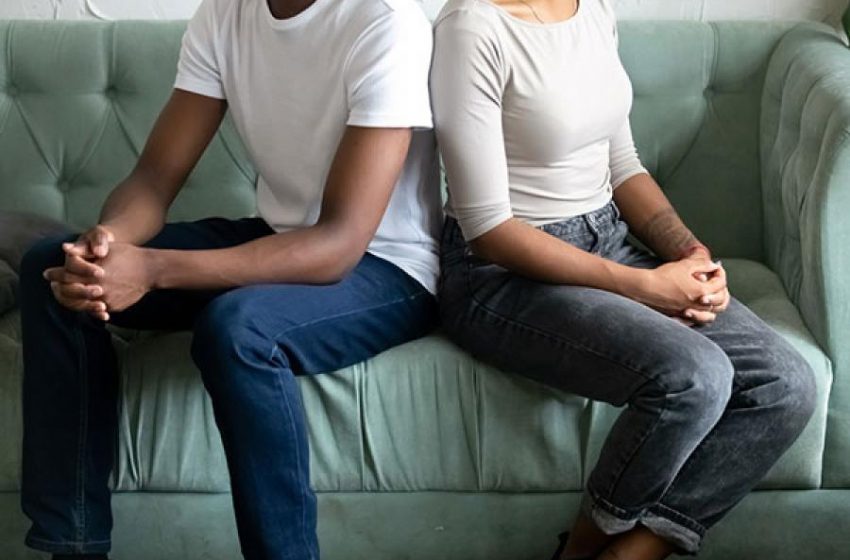Intensive togetherness and related problems in lockdown

Shruti Sharma
Covid-19 pandemic has given a steep rise to the domestic disputes. It has been found that a quarter of us are feeling the pressure on our relationships of this intensive togetherness. The impact of lockdown measures is having adverse effects on romantic relationships. This sudden sharing of time, space and blurring of boundaries have become overwhelming for the couples. Experiencing irritability and mood swings are bound to happen and affect the dynamics of the entire family. It has been found that a major brunt of this lockdown due to the pandemic is faced by the women of the house. Women, homemakers or working, are the emotional sponges of their families, managing everyone’s emotions and catering to their needs.
In a survey it was found that 23% respondents said the existing conditions or circumstances are placing extreme pressure on their relationship with their spouse and 12% of those who currently live with their partner agreed that staying at home is making them doubt their relationship. Most of these couples are facing issues such as irritation and that they were finding their partner irritating right now, with majority of the women feeling irritated ie – 31% as compared to their partner ie 22% of men.
It is imperative for the couples to understand and define what is bothering not overreact. This is a bit of a retune time for a lot of people in the way that it will make people realise their relationship hasn’t been functioning well and they’ve been escaping by not being home, going to the gym, meeting friends etc. As they can’t do that anymore, it has been brought into focus that there really a problem and that they’ve been ignoring it for a while.
For many others, it is a time of realisation that they’re so busy most of the time and have drifted apart, but actually they miss that closeness and want to recreate it. Communicating and expressing what you’re feeling at the moment to your partner is the key to be in better place in these difficult times. It is only by talking to your spouse about your problems and issues that you can start to unknot what is about the relationship and what is about the (external) situation.
“You may feel low on a day where you’re wishing you could be going on a holiday or seeing your friends, and feel very frustrated and irritated about the same. Then your partner does something and you react to that and think about how irritating they are”. Actually, your anger and your feelings are about the whole situation, not just them. It’s important to find out about what’s what. Do not feel bad about feeling bad. For people who are highly sensitive, spousal lockdown or intensive togetherness as said before can feel viscerally excruciating as daily routines are disrupted and irritations aggravate over how one or the other partner eats, breathes, sleeps, and generally goes about their business. Add children to the mix, and tempers can explode.
Having realistic expectations from your partner is something to be kept in mind. Nowadays as couples are stuck at home 24/7 which makes them realise that they don’t communicate a lot. So here it is important to understand that there’s no point jumping into doing everything together. Having realistic in their expectations from the partner instead of making complains it is better way to deal, like setting aside an hour in the evening to have a cup of coffee together and talk.
Small things such as asking your spouse if they want a cup of tea or taking the time to cook a meal together or doing the laundry together can really be a good bonding time and help improve relationship. Working together and sharing responsibilities and communicating help reduce the stress as well. Focus on the positive qualities of each other and appreciate their work. This will not just help improve the problems between the partners but also built a healthy environment for the family.
“Every relationship has conflicts and the quality of the repair after the conflict defines the health of your relationship”
The author is a consultant clinical psychologist at Manas Ganga Clinic, Noida


